Climate change could cause serious damage to 75 percent of major U.S. military bases

A free daily email with the biggest news stories of the day – and the best features from TheWeek.com
You are now subscribed
Your newsletter sign-up was successful
The White House may not be worried about climate change, but the Pentagon sure is.
About two-thirds of the U.S. military's priority installations are vulnerable to current or future effects of climate change, a report from the Department of Defense found.
The report warned about rising sea levels flooding coastal bases and the dangers of drought-fueled wildfires spreading to bases inland, Bloomberg reports. Coastal bases on the East Coast and in Hawaii are in the most jeopardy, but drought vulnerabilities are widespread across the U.S., per the report.
The Week
Escape your echo chamber. Get the facts behind the news, plus analysis from multiple perspectives.

Sign up for The Week's Free Newsletters
From our morning news briefing to a weekly Good News Newsletter, get the best of The Week delivered directly to your inbox.
From our morning news briefing to a weekly Good News Newsletter, get the best of The Week delivered directly to your inbox.
The Pentagon's findings contradict President Trump's previous denial of climate change's devastating effects. Former Defense Secretary Jim Mattis recognized the importance of evaluating climate change, saying during his confirmation hearings that "the Department of Defense must pay attention to potential adverse impacts generated by this phenomenon."
The report says the Pentagon now plans on incorporating climate resilience in all future decision-making processes regarding resources, rather than making climate a separate program.
A free daily email with the biggest news stories of the day – and the best features from TheWeek.com
Marianne is The Week’s Social Media Editor. She is a native Tennessean and recent graduate of Ohio University, where she studied journalism and political science. Marianne has previously written for The Daily Beast, The Crime Report, and The Moroccan Times.
-
 How the FCC’s ‘equal time’ rule works
How the FCC’s ‘equal time’ rule worksIn the Spotlight The law is at the heart of the Colbert-CBS conflict
-
 What is the endgame in the DHS shutdown?
What is the endgame in the DHS shutdown?Today’s Big Question Democrats want to rein in ICE’s immigration crackdown
-
 ‘Poor time management isn’t just an inconvenience’
‘Poor time management isn’t just an inconvenience’Instant Opinion Opinion, comment and editorials of the day
-
 Death toll from Southeast Asia storms tops 1,000
Death toll from Southeast Asia storms tops 1,000speed read Catastrophic floods and landslides have struck Sri Lanka, Indonesia, Thailand and Malaysia
-
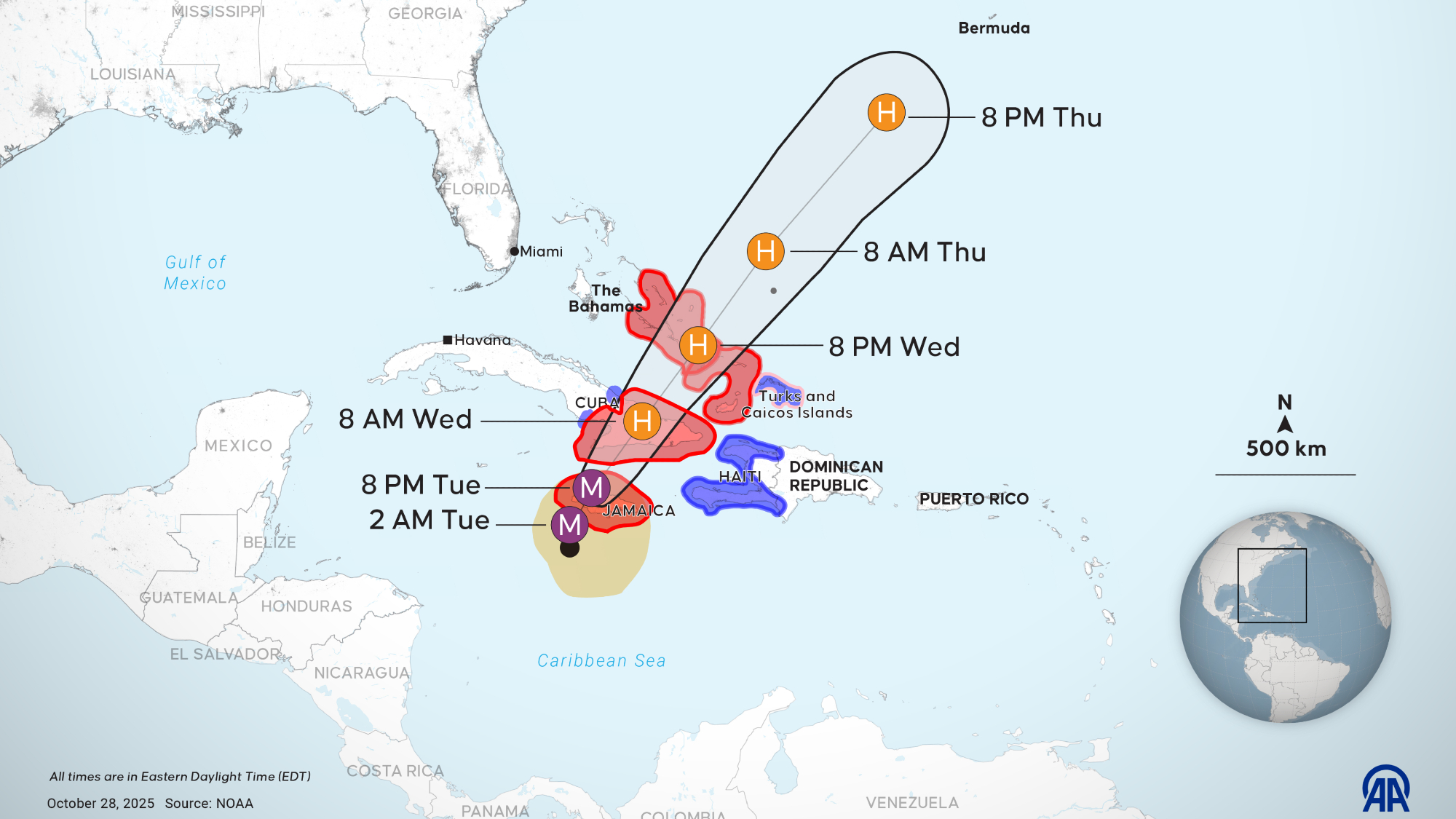 Hurricane Melissa slams Jamaica as Category 5 storm
Hurricane Melissa slams Jamaica as Category 5 stormSpeed Read The year’s most powerful storm is also expected to be the strongest ever recorded in Jamaica
-
 Renewables top coal as Trump seeks reversal
Renewables top coal as Trump seeks reversalSpeed Read For the first time, renewable energy sources generated more power than coal, said a new report
-
 China vows first emissions cut, sidelining US
China vows first emissions cut, sidelining USSpeed Read The US, the world’s No. 2 emitter, did not attend the New York summit
-
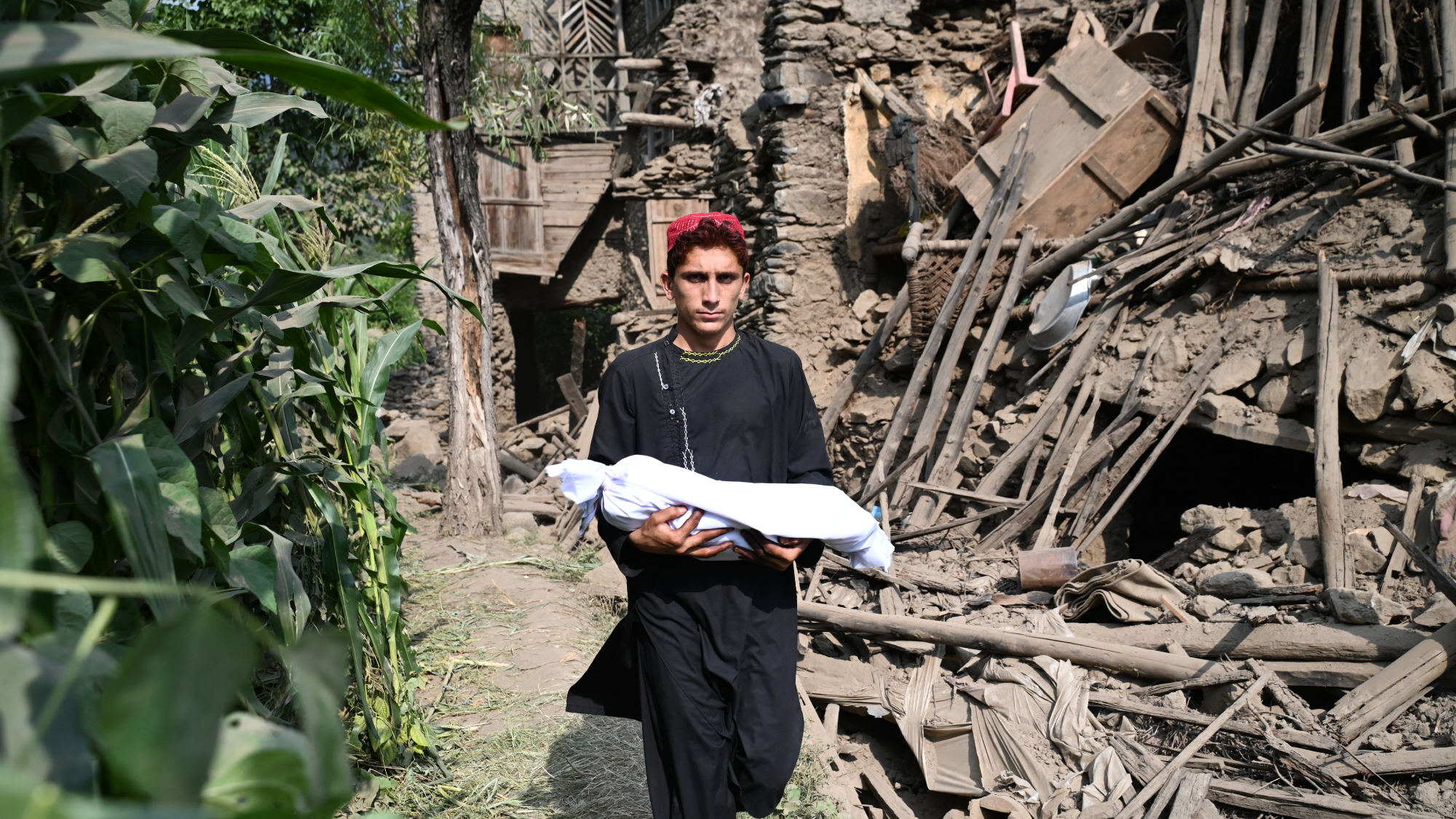 At least 800 dead in Afghanistan earthquake
At least 800 dead in Afghanistan earthquakespeed read A magnitude 6.0 earthquake hit a mountainous region of eastern Afghanistan
-
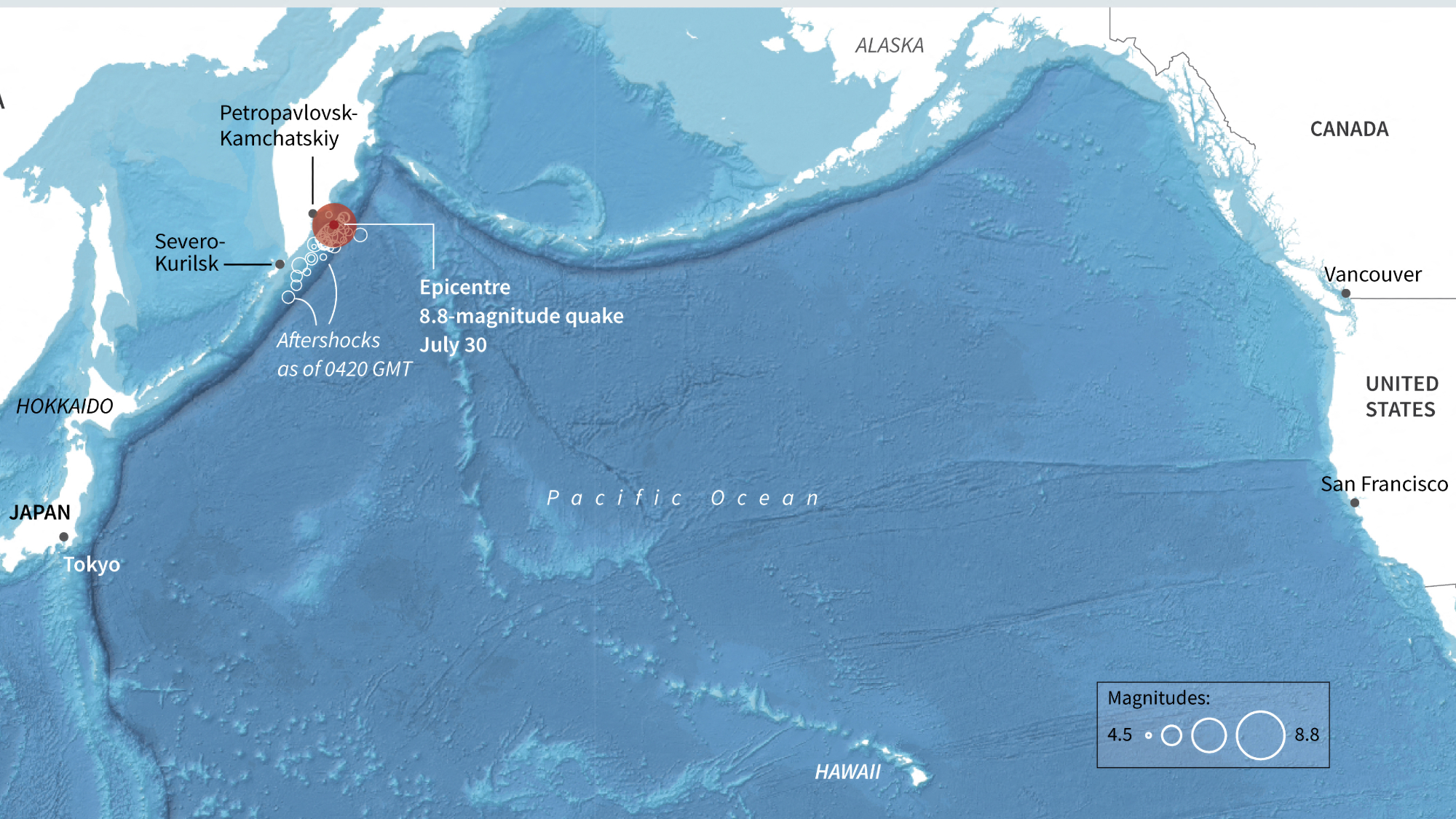 Massive earthquake sends tsunami across Pacific
Massive earthquake sends tsunami across PacificSpeed Read Hundreds of thousands of people in Japan and Hawaii were told to evacuate to higher ground
-
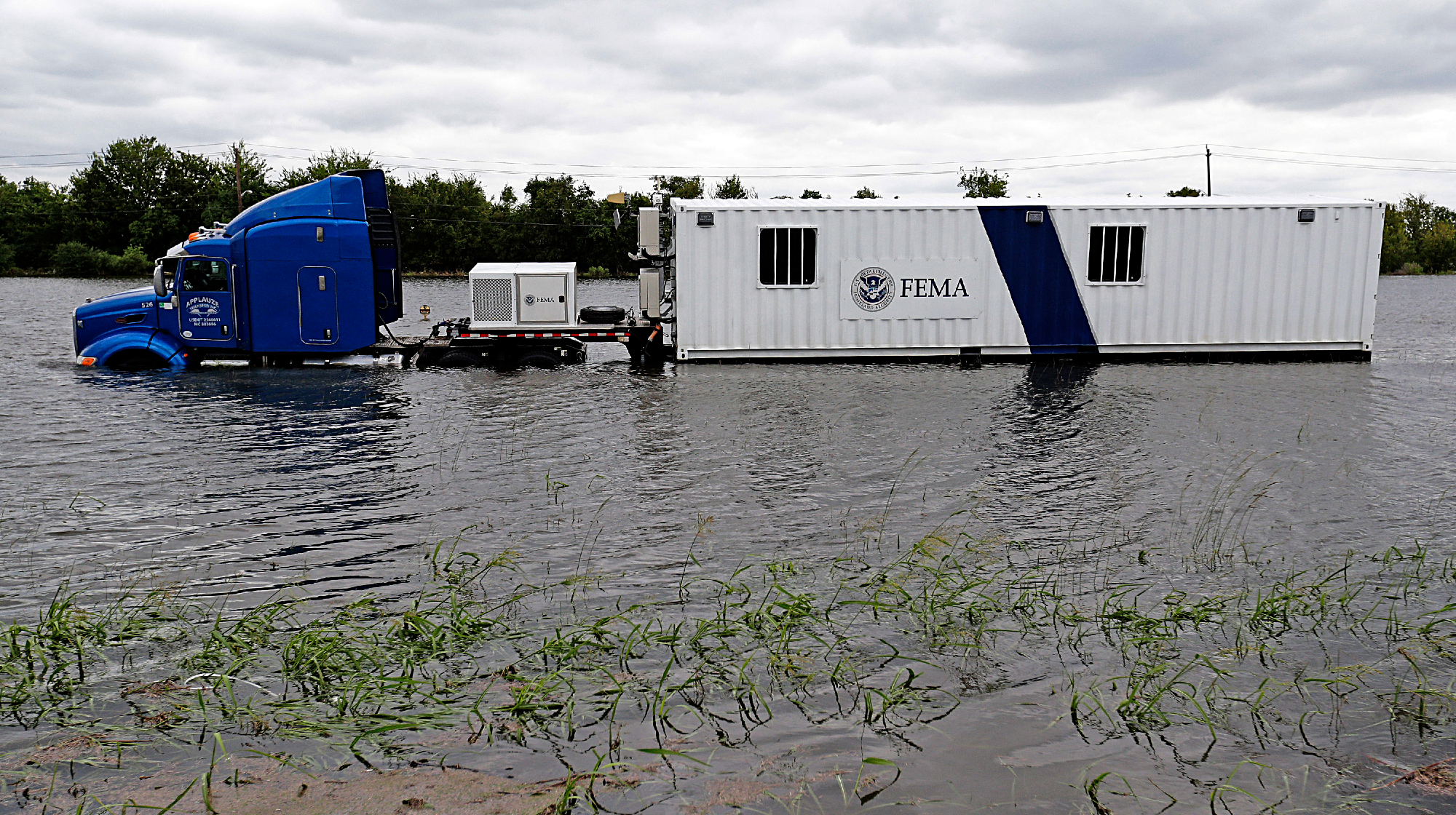 FEMA Urban Search and Rescue chief resigns
FEMA Urban Search and Rescue chief resignsSpeed Read Ken Pagurek has left the organization, citing 'chaos'
-
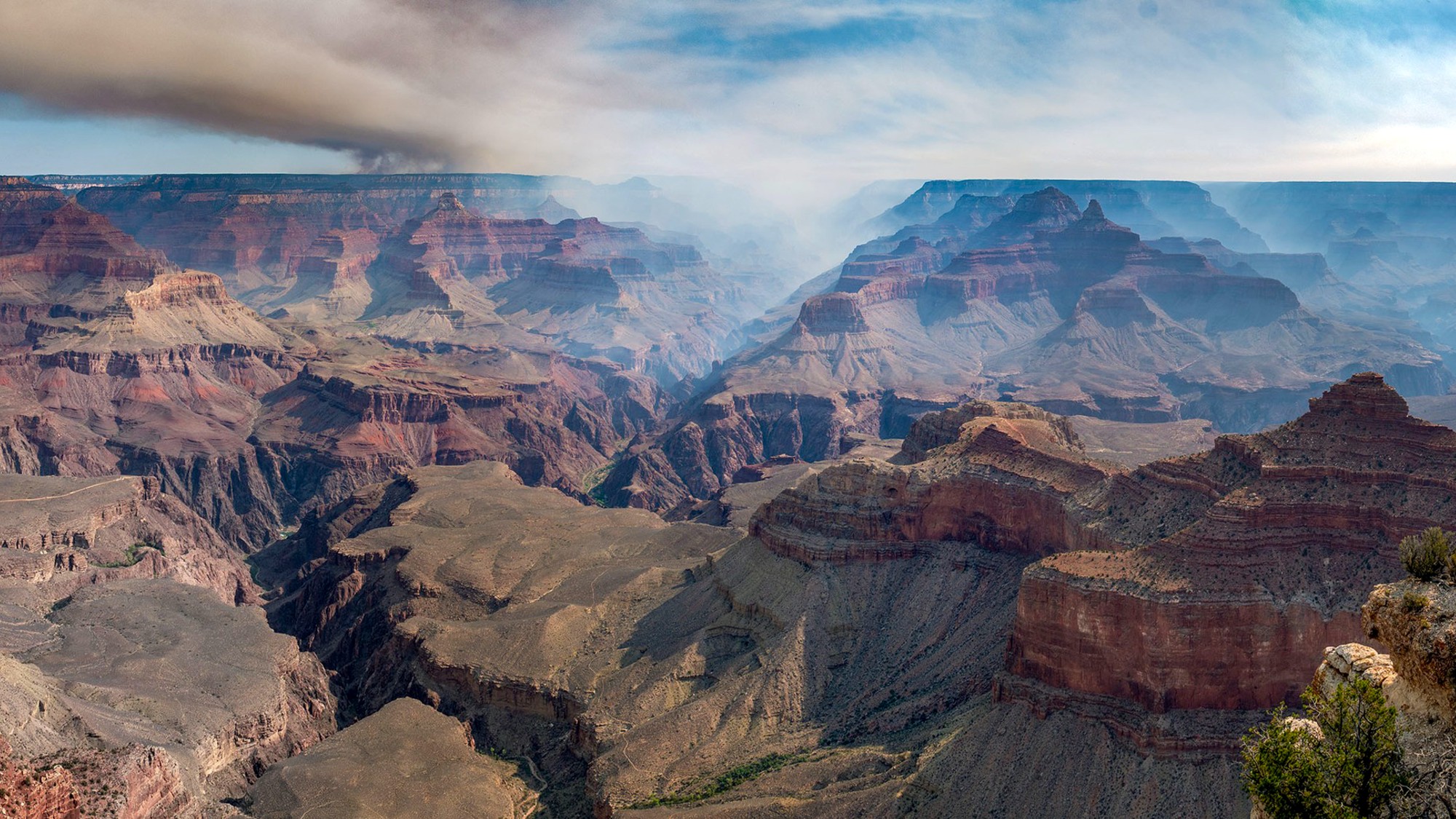 Wildfires destroy historic Grand Canyon lodge
Wildfires destroy historic Grand Canyon lodgeSpeed Read Dozens of structures on the North Rim have succumbed to the Dragon Bravo Fire
